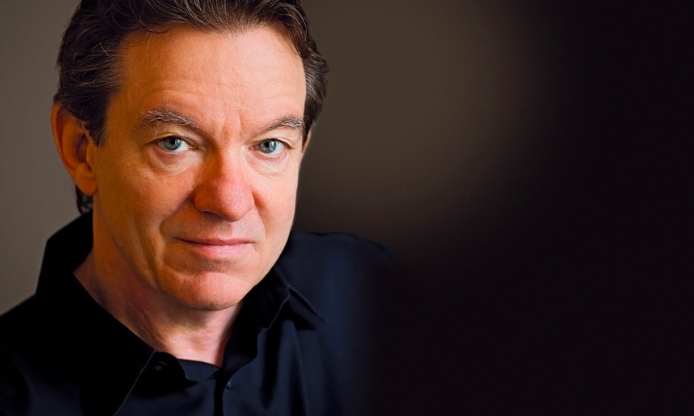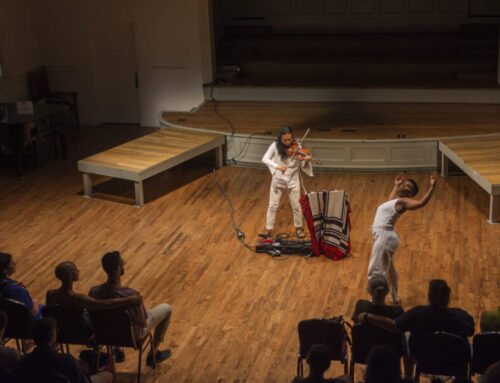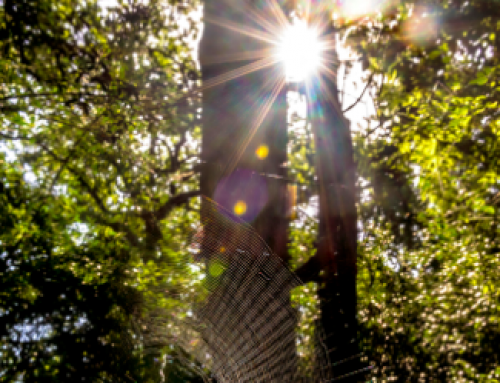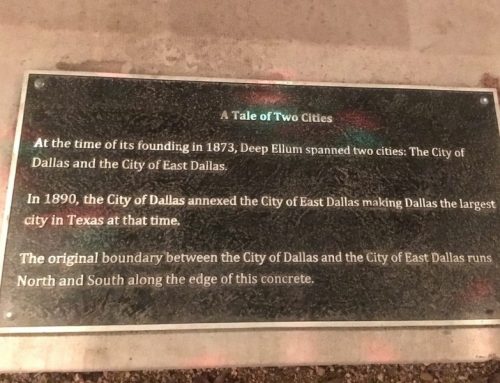How Dallas shaped the prolific, peerless reporter-author Lawrence Wright, and how his family shaped Dallas.

Author Lawrence Wright. Courtesy Penguin Random House.
If you think you know what there is to know about Sept. 11, 2001, you might.
Aircraft, crashing; bewildered news reporters; smoke from skyscraper windows; falling (dear, God, jumping) figures; crumbling towers; epic powder clouds, dust-encrusted humans emerging from them; bedlam and blood; destruction and death—these are the images seared into the American brain.
But the roots — the tale of a tiny coalition of men whose delusions and calculations culminated in the catastrophic events — often have escaped us. Particulars lining the path to 9/11—stories of others who were convinced such an attack was imminent and their desperate attempts to stop it—get lost in the overwhelm.

“The Looming Tower” won the Pulitzer Prize for nonfiction
If you only read one book about 9/11, make it “The Looming Tower” by Lawrence Wright, the Pulitzer-winning author who grew up in Dallas.
Wright (who also delved into “Scientology” and more recently wrote about home in “God Save Texas: A Journey Into the Soul of the Lone Star State”) painstakingly examines the worlds, beliefs, dogmas and details that bred the suppliers of 9/11 and those who would follow in their footsteps.
He introduces us to characters we cannot believe are real—heroes such as F.B.I. agent John O’Neil, who worked frantically to stop Osama Bin Laden, only to die that day in the World Trade Center.
Lawrence Wright’s tome, while delivering a full-curriculum 9/11 history course, unravels a narrative that reads like a fantastic fictional thriller. If only.
Perhaps the most painful revelations describe how close we came, on several occasions, to preventing the attack.
Not a reader? Try the Hulu show based on the book.
Lawrence moved to Dallas when he was in middle school. He attended Long. His dad had a new job — president of Lakewood Bank.
It’s small, but it’s in Dallas, endorsed Lawrence’s dad, the WWII veteran of seven years, discharged a major at age 36 with no choice but to “hit the ground running,” Lawrence recalls.

While most kids hung out at ye ol’ pharmacy soda fountain, Lawrence Wright loitered at the library. Photo by Danny Fulgencio
The writer remembers Dallas, in his early years, as a place he did not belong. (Though after what he told us, I’m not sure the kid would have belonged in many public junior high schools.) “I was not popular,” he says. “I spent more time reading in the Lakewood library … I’d take cardboard boxes and load up on books.”
It was during his years at Woodrow Wilson High, however, where seeds of shame related to his hometown were sown.
The morning of John F. Kennedy’s visit to Dallas, Lawrence found on his family’s front doorstep a flyer that looked just like a WANTED poster. It was Kennedy; the text said he was “Wanted for Treason.” Below that his crimes were listed, seven items such as: betraying the Constitution, giving support to communist-inspired racial riots, appointing anti-Christians to federal office, and lying to the American people about his previous marriage and divorce.

Lawrence Wright recalls finding this flyer on his doorstep the day of JFK’s assassination.
“I was in class when it happened,” he says. “Algebra with Mr. Irvin Hill. “Three tones came over the speaker … the principle began to speak.” There was a choked pause before the principal said, “The president has been shot.”
Lawrence remembers looking around at his classmates — shocked, dazed, excited, scared. Some grinned with nervous anticipation. How were they supposed to react, he wondered. Finally he would turn to Mr. Hill.
Tears streamed down the teacher’s cheeks and his chest heaved as he tried to control sobs that turned into barks before he left the room.
“As he left I felt the first prodding overture of shame,” wrote Lawrence in his last book.

Lawrence Wright’s most-recent book details his life in Dallas.
“I went off to college at Tulane,” he tells us, “because it seemed the furthest thing from Dallas — I thought of New Orleans’ so-different, liberated spirit.”
By Lawrence’s ’65 graduation the world had stigmatized Dallas. The city of hate. The city that killed Kennedy.
In “God Save Texas,” Lawrence, now an Austin resident, reckons with Dallas and comes to respect it like no other city.
“It is a human city, flawed and ambitious but with a self-knowledge that many another bustling town will never learn,” he writes.
Dallas very much shaped Lawrence Wright, who would become one of the most respected reporters and writers in America. And the Wright family, literally, helped shape Dallas.
When the family first came here, the elder Wright, disheartened by Dallas’ lack of natural beauty, took risks most bankers would not.
The landscape surrounding his bank had some of the most charming homes and amenities around, but it was in decay.
“He made loans to young couples who had almost no equity except a willingness to rehabilitate those old homes,” Lawrence says of his father, who also went to every Lakewood Shopping Center tenant pleading with them to spruce-up their stores, remove trash in back, consider planting trees.

Lakewood Shopping Center, circa 1960
Wright’s lending program became a model for the nation.
“What Lakewood looks like today has a lot to do with my father’s work,” Lawrence, now 70, says.
The neighborhood fought the elder Wright over the last thing he built in Lakewood, the banking tower, wherefrom, today, I sit, typing away on its top floor.
Look for further discussion with Wright in an upcoming issue of Lakewood Advocate magazine.







Leave A Comment